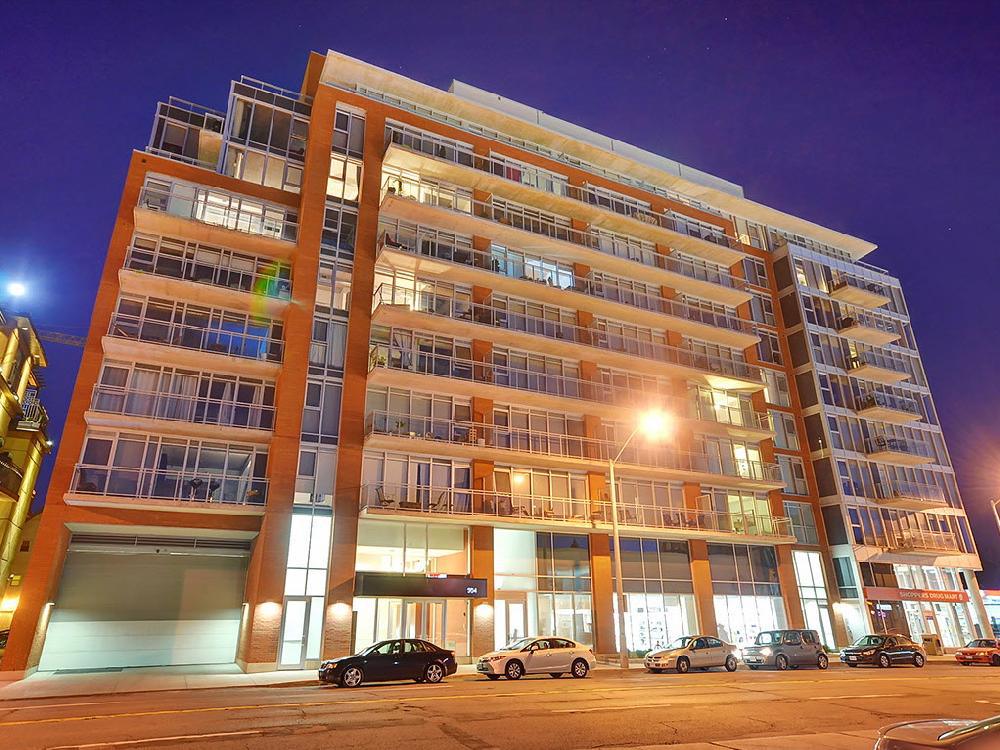
BY MARILYN WILSON, THE OTTAWA CITIZEN January 7, 2015

If a condo building is already finished, the status certificate is key to understanding its financial health.
Russell Gibson is a partner at Vincent Dagenais Gibson LLP and he offers his perspective on the condo buyer’s legal due diligence.
The first thing on the purchase checklist should be a copy of the status certificate, he says, which will be available from the builder or Realtor.
“This document is mandated by the Ontario Condominium Act and discloses information pertaining to the financial status of the condominium corporation that manages the building and any liabilities relating to the unit, such as liens or arrears of condominium fees.”
To Gibson, this document is the key to consumer protection under the act. Why?
“It will disclose to a prospective owner any significant increases in the condominium fees that are to come into effect and any special assessments that are being considered by the board of directors of the corporation.”
Also included will be a copy of the condo declaration, bylaws, budget, reserve fund, insurance, management contract, rules, minutes of the last annual general meeting, and notice of any lawsuit involving the corporation, he adds. “This information is certified on the date that it is given and is snap shot in time.”
If a condo has not yet broken ground, Gibson says Ontario law provides various protections including Tarion Warranty Corp. and the Condominium Act.
The act ensures you receive “a draft declaration, first-year budget and other relevant documents,” he says. In short, all the documents that you require. He also suggests you review the agreement of purchase and sale with a lawyer before signing it.
One especially important thing to go over with your lawyer is the builder’s rights to extend the closing date, he says. After all, if you are moving from a residence that you’ve already sold to a condo building that is expected to be completed by the time of your current home’s closing, you are contractually obligated to be out of your house by the closing date whether or not your condo building is finished.
If the builder has not completed the condo, where will you go and at what and whose expense? A tight closing is just one reason for going over the builder’s level of commitment to a timeline.
Perhaps you’re moving into a condo that is still under construction, known as interim occupancy. Along with reviewing the builder’s right to extend the closing date, you and your lawyer should look over the builder’s obligation to complete the project as described and its approach to interim occupancy, Gibson says.
The builder may have the right to substitute or move various elements of the building as long as the deviations are not too substantial. For example, the buyer may be expecting the gymnasium to be built on the top floor, “but there may be circumstances where it could be placed elsewhere so long as it is not a substantial deviation,” he says.
Interim occupancy is inconvenient, as you’ll be living in proximity to a construction zone, but it may also affect the payment of your taxes and condo fees. Here, professional advice is important. If you move into an incomplete building, “there are remote risks that can arise out of construction that will require working out in the ‘turn over’ of the building,” he says.
“As the Condominium Act requires that the turn over must occur within a year of an interim closing, a diligent board of directors, well advised, will have an opportunity to address such concerns about construction through mechanisms provided for in the act.”
Purchasing a condo can be an excellent life choice, but how do you know if you should buy one that has not yet been built? Are there risks associated with this?
Although unlikely, it is possible that a development may not be built if the builder does not sell enough units for the project to be viable, Gibson says. As well, the timing of construction will impact when the buyer can prepare and budget to take occupancy. If there are delays, they may result in the buyer’s mortgage commitment expiring and possible exposure to higher or lower borrowing costs.
There are a number of things to think about when deciding if you should buy in an existing condo or one in the process of being built. It’s important to not only think of things from a legal perspective, but also to go with your heart. Choosing the right building for you is a function of location, lifestyle, economics and design. That being said, protect yourself by seeking legal advice.
Marilyn Wilson has been selling real estate for more than 25 years and owns Marilyn Wilson Dream Properties Inc. Brokerage, an Exclusive Affiliate of Christie’s International Real Estate. She can be reached through dreamproperties.com.